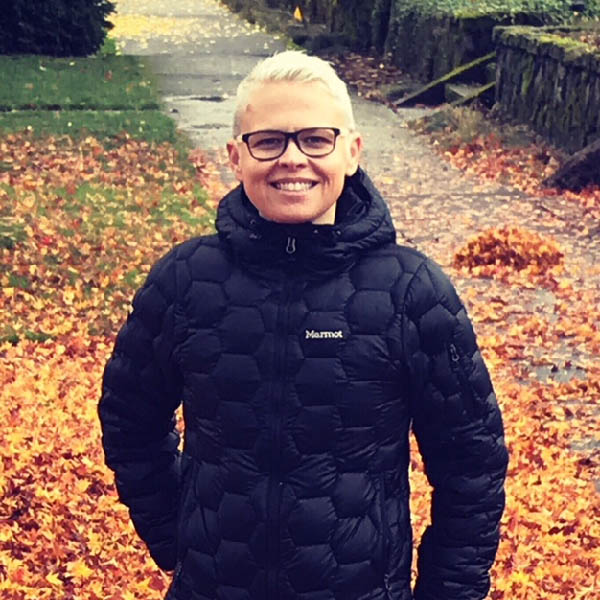Page 25 • (567 results in 0.025 seconds)
-
before all of the prerequisites are complete). See Prerequisites Equivalency. Bachelor’s degree from a regionally accredited institution with 3.0 (on a 4.0 scale) minimum cumulative GPA (from all the courses you have taken. Learn more about Calculating Your NursingCAS GPAs.) Completion with a minimum grade of B- or better in each prerequisite course (See exceptions due to COVID-19): College-level Statistics (both descriptive and inferential) Human Anatomy and Physiology I (with lab within last six
-
and Science – 8 semester hours These courses emphasize the understanding of scientific knowledge that underpins environmental issues. The interpretation and presentation of data along with concepts of science are stressed. Students select two courses (from two different departments) from the following: BIOL 116: Introductory Ecology (4) BIOL 367: Conservation Biology & Management, Pre-req: BIOL 226 (4) BIOL 368: Ecology, Pre-req: BIOL 226 (4) BIOL 369: Marine Biology, Pre-req: BIOL 226 (4) CHEM
-
teams. #2. Make decisions & solve problems. #3. Communicate well verbally with people inside and outside of unit. #4. Plan, organize, & prioritize work. #5. Proficiency with computers and technology. #6. Ability to sell and influence others. #7. Imagine, create, and see connections. #8. Storytelling and maximizing stories. Source: Data compiled by the U.S. Bureau of Labor Statistics, Forbes Magazine, & the National Association of Colleges & Employers.
-

: Macroeconomics, International Economics, Managerial Economics, Statistics, and Econometrics Biography Krisztina Nagy (n-odge as in Dodge like the car) is an experienced teacher and researcher focusing on international economics and econometric analysis. She is passionate about teaching her craft to both undergraduate and graduate students and she especially enjoys guiding students to see the interconnectedness of today’s world. Dr. Nagy has taught at the University of Washington in the Economics Department
-
-level physics teachers. Pre-Health Sciences Advising Pre-Health Sciences Advising at Pacific Lutheran University provides advising and support to students and alumni who are interested in exploring careers in the health professions including medicine, dentistry, optometry, veterinary medicine and other related fields. Psychology The Psychology department provides a core of courses covering research methodology, statistics, and historical and systemic perspectives. In addition, professors offer
-

, according to statistics from the National Association of Colleges and Employers. Want to get involved and help PLU students launch their careers, just as Tisha Graham ’09 has done? Visit the Career Connections website to learn more about how you can help ensure student access to internships, job shadowing and career opportunities. If you’d like additional information, email career@plu.edu.
-
, government, and business. Students who graduate with a B.A. in sociology and enter the job market directly will find themselves competing with other liberal arts students, but with an advantage – knowledge of key social factors and a firm grasp on research design and methods. This advantage of a sociology major provides breadth and the potential for adaptability. Students who especially enjoy research design, statistics, and data analysis seek positions in marketing, assessment, public relations, and
-

proceedings, 100 + scholarly and invited talks throughout the world on character education and moral reasoning of general and competitive populations. Dr. Beller holds a doctorate in Sport Philosophy and Ethics from University of Idaho and teaches courses in sport ethics, statistics, and research design within WSU’s College of Education. She, her husband Mark who is a high voltage lineman for WSU, and their five year old son Tyler live on a small ranch in the Hoodoo mountains of Northern Idaho.
-
NIST Summer Undergraduate Research Fellowship (SURF) Program sponsors a 11-week summer internship program for undergraduate students enrolled at U.S. 2-year and 4-year institutions majoring in chemistry, computer science, engineering, materials science, fire research, nanotechnology, information technology, mathematics, biology, manufacturing, statistics, or other STEM discipline. The program provides students with hands-on research experience under the mentorship of a NIST scientist or engineer
-
Psychology 101 and at least one elective before enrolling the in the psychology section of STAT 232. A typical course sequence for transfer students will depend upon whether or not the student is completing the B.A. or the B.S. major. Transfer students entering PLU with an Associate of Arts degree who wish to complete the B.S. program should enroll in STAT 232 Statistics–Psychology section during their first term at PLU in order to successfully complete our program in a timely manner. What Capstone
Do you have any feedback for us? If so, feel free to use our Feedback Form.


